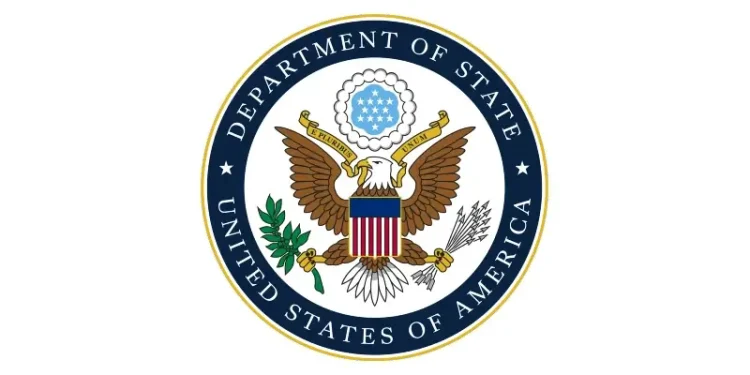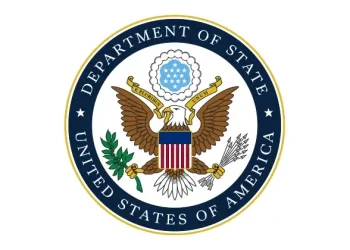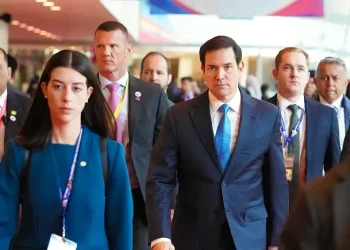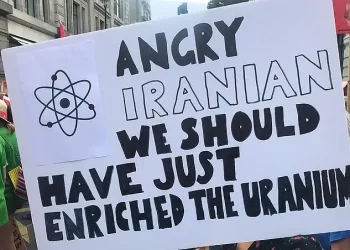The United Nations has reinstated sanctions on Iran, effective September 27, 2025, due to Iran’s non-compliance with nuclear commitments.
Initiated by France, Germany, and the UK, these measures aim to curb Iran’s nuclear and missile programs while emphasizing diplomacy as a viable path forward for resolution.
The reimposed sanctions follow Iran’s significant escalation in nuclear activities, including a uranium stockpile vastly exceeding limits set by the 2015 Joint Comprehensive Plan of Action (JCPOA).
Despite international efforts for negotiation and compliance, Iran has not cooperated with the International Atomic Energy Agency (IAEA) or allowed inspections.
International Response and Sanctions Details
The snapback process was initiated on August 28, 2025, by France, Germany, and the United Kingdom at the UN Security Council.
The reactivation of six Security Council Resolutions addresses threats from Iran’s nuclear program and destabilizing activities.
These sanctions include suspending uranium enrichment activities and banning ballistic missile technology use.
Sanctions Overview
- Suspension of uranium enrichment-related activities.
- Prohibition on using ballistic missile technology.
- Embargo on conventional arms exports to Iran.
- Reimposition of travel bans and asset freezes on listed individuals/entities.
- Authorization to seize prohibited cargo being transferred by Iran.
U.S. Position and Implications
The United States, led by Secretary of State Marco Rubio, supports enforcing these sanctions while maintaining that diplomacy remains an option.
The U.S. emphasizes that direct talks with Iran are essential for reaching a peaceful resolution.
President Donald Trump advocates for diplomacy as the best outcome for both Iranian citizens and global security.
Strategic Considerations
- Curbing threats from Iran’s nuclear program enhances U.S. national security interests.
- Maintaining diplomatic channels positions the U.S. as a leader in multilateral enforcement efforts.
- Evolving sanctions may impact global energy markets and trade relations with countries involved in Iranian commerce.
- The measures support broader Middle East stability by countering destabilizing activities by Iran and its proxies.
Additional Reading
Final Thoughts
The reinstatement of UN sanctions against Iran underscores international resolve to address nuclear non-compliance while keeping diplomatic avenues open.
As global leaders navigate this complex geopolitical landscape, maintaining pressure through multilateral cooperation remains crucial in ensuring regional stability and safeguarding international security interests.
Sources: U.S. Department of State, Federal Foreign Office (Germany), and U.S. Department of State Press Release.
Prepared by Ivan Alexander Golden, Founder of THX News™, an independent news organization delivering timely insights from global official sources. Combines AI-analyzed research with human-edited accuracy and context.









